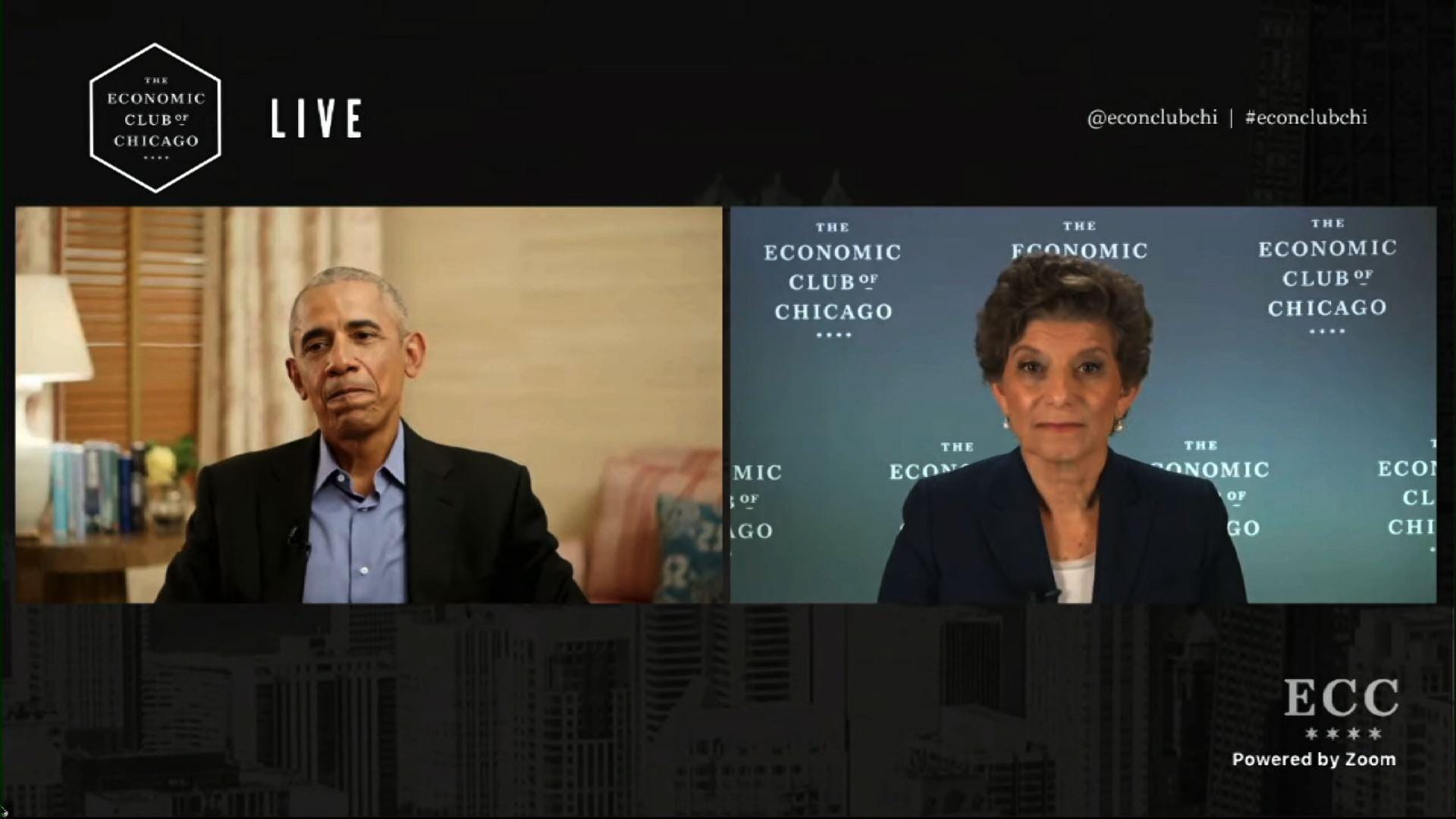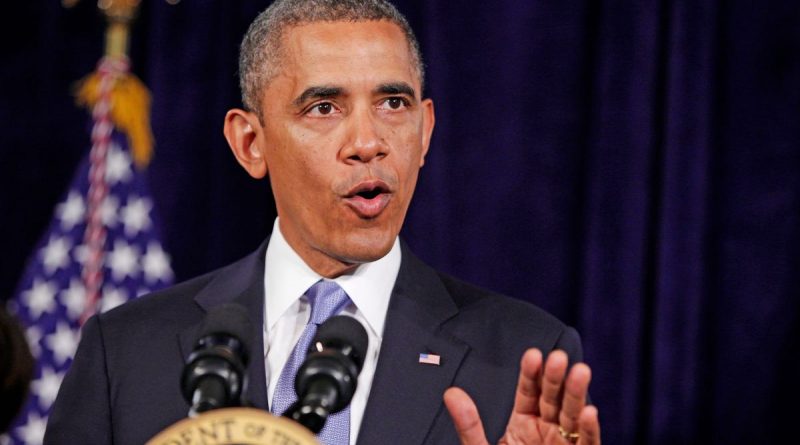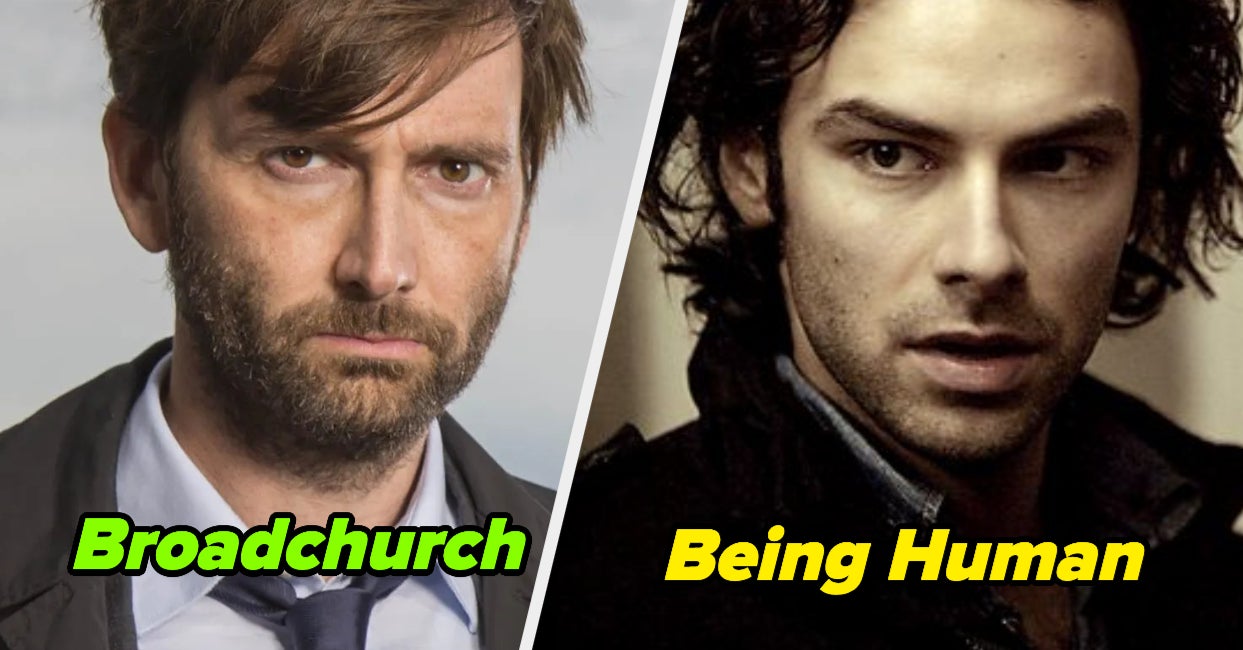John Lewis, more reflect on presidency

Obama: GOP embraces ‘false narrative’ of election
Former President Barack Obama talked with members of The Economic Club of Chicago, in anticipation of the groundbreaking of the Obama Presidential Center on the city’s South Side.
AP
As former President Barack Obama turns 60 this week, civil rights leaders, journalists and close colleagues are looking back on his political career in a new documentary.
HBO’s “Obama: In Pursuit of a More Perfect Union” (Tuesday through Thursday, 9 p.m. EDT/PDT) is a three-part compilation of archival footage from Obama’s early years as a child, law student, and career politician focusing on how struggles with race and identity shaped his two-term administration.
The documentary, directed by Peter Kunhardt and executive produced by Jelani Cobb, features interviews with members of Obama’s close political circle including David Axelrod, Valerie Jarrett, and the late Rep. John Lewis as they recall Obama’s political journey to the White House.
Celebrate: Barack Obama’s 60th birthday bash: Everything we know, including COVID-19 protocols
“I never thought that I would live to see a Black man (or) a Black woman as president of the United States of America,” Lewis says in the second installment of the documentary.
Other key moments from the series:
Why Obama dropped Barry as a nickname
In “Obama,” classmates share memories of life with Obama but use a different name from what the rest of the world calls him – Barry.
Obama says in archival footage that he stopped using Barry after his father died in 1982. Obama didn’t have a close relationship with his father, Barack Obama Sr. (who left his mother when the younger Barack was 2) but wanted to respect his life by using the name they shared.
‘Dreams From My Father’: Barack Obama adapts memoir for young readers
Author Ta-Nehisi Coates reflects on Obama’s decision to drop the nickname, saying the notion was familiar.
“You think about Frederick Douglass, born Frederick Bailey, recreating himself. Malcolm Little becoming Malcolm X,” Coates said. “It’s this attempt for Black folks to reclaim some sort of identity.”
Lewis recalls his emotions on Election Night 2008
The producers of “Obama” were able to get poignant reflections from Lewis who died last July after battling cancer.
Before Lewis, a Democrat from Georgia, was elected to Congress in 1986, he was on the street fighting for justice during the Civil Rights Movement. In 1965, Lewis and other civil rights leaders were beaten by Alabama state troopers on the Edmund Pettus Bridge while participating in a voting rights march. A few months later the Voting Rights Act – which outlawed discriminatory voting practices in the Jim Crow South and protected the 15th Amendment – was passed, in part because of Lewis’ life work.
Passages 2020: Rep. John Lewis, who ‘risked his life and his blood’ as a giant of the civil rights movement, dies of cancer at 80
The late congressman reflects on what it felt like to see the first Black man elected to the highest office.
“My own mother, my own father, my grandparents didn’t become registered voters until after the Voting Rights Act was signed into law,” Lewis says. “To live to see Barack Obama become president of the United States of America was almost too much. I jumped up so high I didn’t think my feet were going to touch the floor, and I started crying.”
Obama’s presidency brought on false optimism of a post-racial America
Obama’s election in 2008 surely made American history. Michele Norris, Washington Post columnist and former host of NPR’s “All Things Considered,” discusses how some considered Obama’s election to be an era of post-racial America.
“It’s interesting why we as a society embraced (post-racial). Was it hope that maybe race would be less important? Was it hubris? Were we deluded,” Norris asks.
Obama’s eight years in the White House coincided with the killing of Trayvon Martin and Michael Brown, the rise of the Black Lives Matter movement and the mass shooting by Dylann Roof that took the lives of nine Black people inside a church in Charleston, South Carolina. The docuseries explores how these events reflected the status of race relations at the time.
More: Critical race theory curriculum debate recalls Ebonics, LGBTQ, Spanish language controversies
“White supremacy is in the DNA of the American people, and the myth of a post-racial America because of the election of a Black man to the White House unfortunately put our guard down,” historian Henry Louis Gates Jr. says.
The documentary discusses Obama’s eulogy for Clementa Pinckney, the reverend who was killed inside the Charleston church shooting. During the funeral service, Obama spoke of the open hearts and the grace required to make changes in America. He then unified in song what Lewis described as a diverse audience with “Amazing Grace.”
“He reflected who we really are as a country,” Obama’s friend Marty Nesbitt says tearfully of his eulogy. “It’s not about him; it’s about what we see in him that represents us.”
Sahred From Source link TV and Movies



